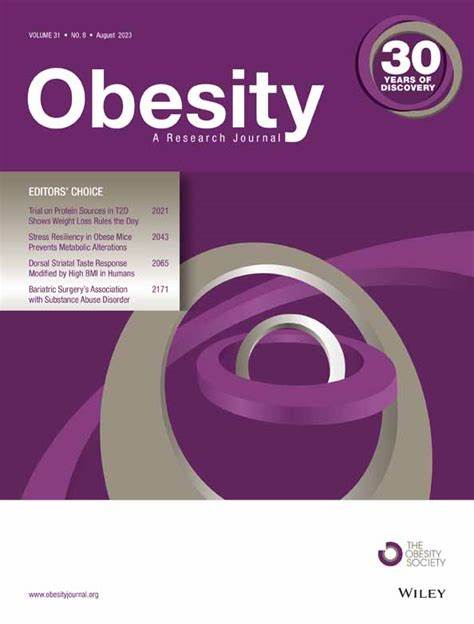Associations between coexposure to bisphenols mixture and metabolic diseases: based on three statistical models
Abstract
Introduction
Bisphenol A (BPA) and its substitutes are common environmental endocrine disruptors. We investigated whether coexposure to BPA and its substitutes are associated with metabolic diseases (MDs), the related indicators, and their multimorbidity.
Methods
The study included 1409 participants from the National Health and Nutrition Examination Survey (NHANES). Generalized linear regression, Bayesian kernel machine regression, and the weighted quantile sum (WQS) models were used to study the associations between bisphenol concentrations and comprehensive MDs, including their multimorbidity.
Results
In the logistic regression model, BPA and bisphenol F were each independently associated with obesity, whereas BPA and bisphenol S (BPS) were each independently associated with multimorbidity. In the Bayesian kernel machine regression analysis, the joint effects of the three chemicals were positively associated with hypertension and obesity, with BPS generating the highest posterior inclusion probability. In the WQS regression analysis, the WQS index demonstrated significant associations with obesity and hypertension, with BPS the highest contributor to both of them.
Conclusions
Three statistical methods confirmed that BPA and its substitutes were associated with specific MDs. Our findings indicate that coexposure to bisphenols significantly increases the risk of obesity and hypertension.

 求助内容:
求助内容: 应助结果提醒方式:
应助结果提醒方式:


